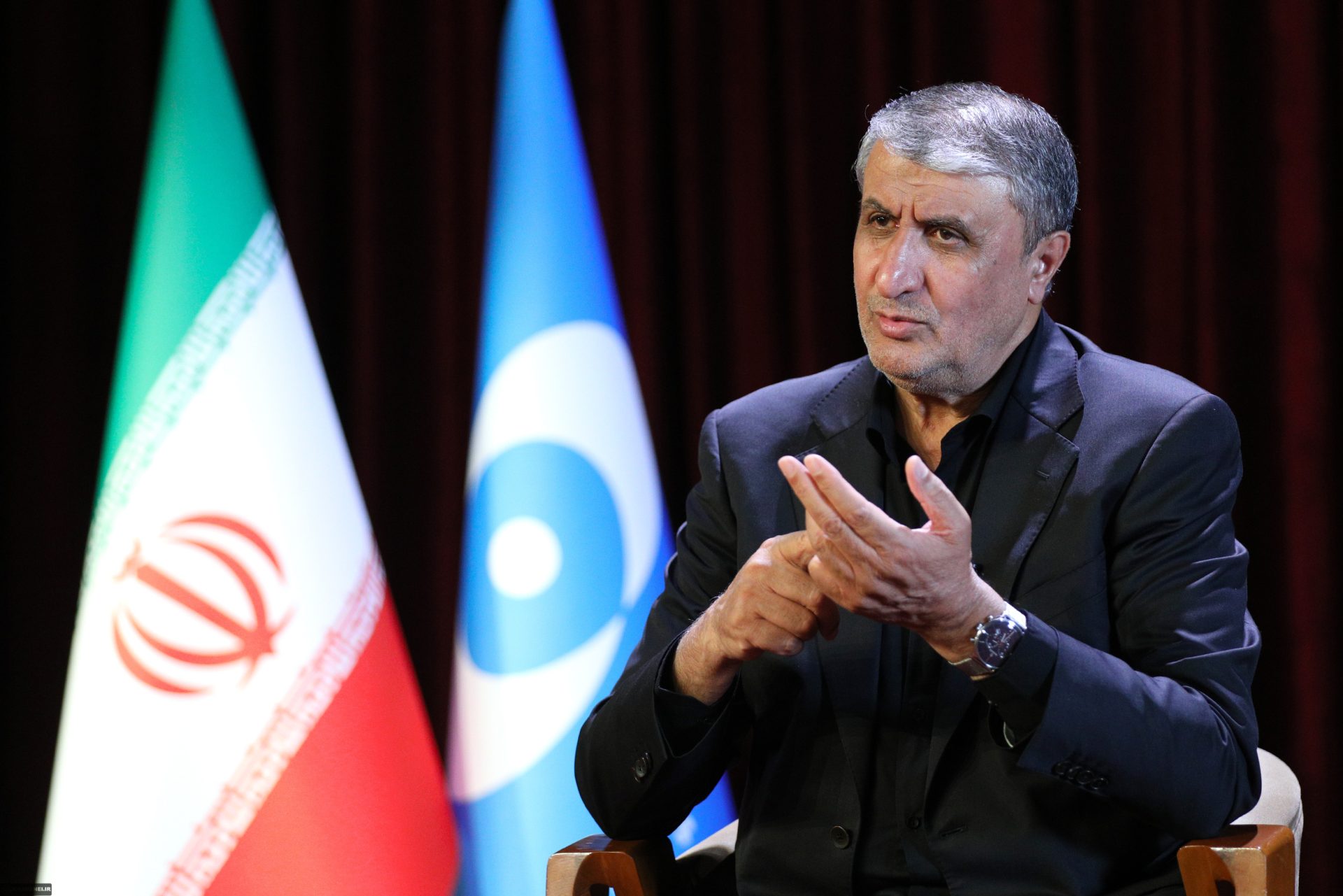ARTICLE AD BOX
South Africa has taken Israel to the International Court of Justice (ICJ) on charges of committing genocide in Gaza. This legal showdown is seen as an attempt by South Africa to strengthen its international standing, garner domestic support ahead of upcoming elections, and uphold its historical commitment to the Palestinian cause.
South Africa has assembled a legal team, including experts in international law and experienced litigators.
The 84-page submission to the ICJ accuses Israel of genocidal acts in Gaza. The team argues for urgent measures to halt Israel's military operations in Gaza that has been ongoing since the brutal October 7 attacks by the Palestinian group Hamas that left at least 1,200 Israelis, mostly civilians, dead.
"They are an A-team," said Cathleen Powell, an international law professor at the University of Cape Town, as quoted by news agency AFP. "They combine people with expertise in international law with people who are particularly good at arguing cases before court."
What History Tells Us
The roots of South Africa's support for Palestine can be traced back to its own anti-apartheid struggle. The African National Congress (ANC), South Africa's ruling party, has a longstanding affinity with the Palestinian cause, drawing parallels between its fight against apartheid and the struggle of the Palestinians.

Photo Credit: AFP
Nelson Mandela himself stressed the interconnectedness of South Africa's freedom and the freedom of the Palestinians. Mr Mandela famously said South Africa's freedom would be "incomplete without the freedom of the Palestinians".
Political Motivations
While the ANC's commitment to the Palestinian cause is evident, experts suggest that there might be more to the case than meets the eye. The ANC, facing allegations of corruption and a decline in domestic support, sees the ICJ case as an opportunity to regain legitimacy and distract from domestic troubles.
By taking a principled stand on the international stage, the ANC aims to reinforce its core values and demonstrate its commitment to justice.
"The ANC sees the ICJ case as a sheen of legitimacy, a basis to regain the prominence it has lost over the last 30 years because of its increasingly unprincipled governance," said Sara Gon of the Institute of Race Relations think tank, as quoted by news agency AFP.
Reactions At Home
Within South Africa, the move has generated mixed reactions. With a sizable Jewish community and an even larger Muslim population, opinions vary.
"The people of Palestine today are being bombed, they are being killed," said President Cyril Ramaphosa. "We were duty-bound to stand up and support the Palestinians."
However, several leaders of the Christian conservative majority have condemned it, as has South Africa's Jewish Board of Deputies, which dubbed the move as a "media-seeking stunt" and even alleged rising anti-Semitism.
The potential impact on the conservative Christian majority remains uncertain.
Israel's Response
Israel vehemently rejects the charges, with government spokesman Eylon Levy dismissing the case as an "absurd blood libel."
"There's nothing more atrocious and preposterous than this claim," said Israeli President Isaac Herzog, as quoted by news agency AFP. "We will be in the International Court of Justice and we will present proudly our case of using self defence... under international humanitarian law."
The Israeli president added that the country's military was "doing its utmost under extremely complicated circumstances on the ground to make sure that there will be no unintended consequences and no civilian casualties".
International Ramifications
South Africa's case against Israel carries broader international implications. As a member of BRICS - an acronym for Brazil, Russia, India, China and South Africa - it views the group as a counterbalance to a Western-dominated international order.
However, the case also risks straining diplomatic relations with countries that have closer ties to Israel, like India for example.
.png)
 1 year ago
121
1 year ago
121








 English (US)
English (US)